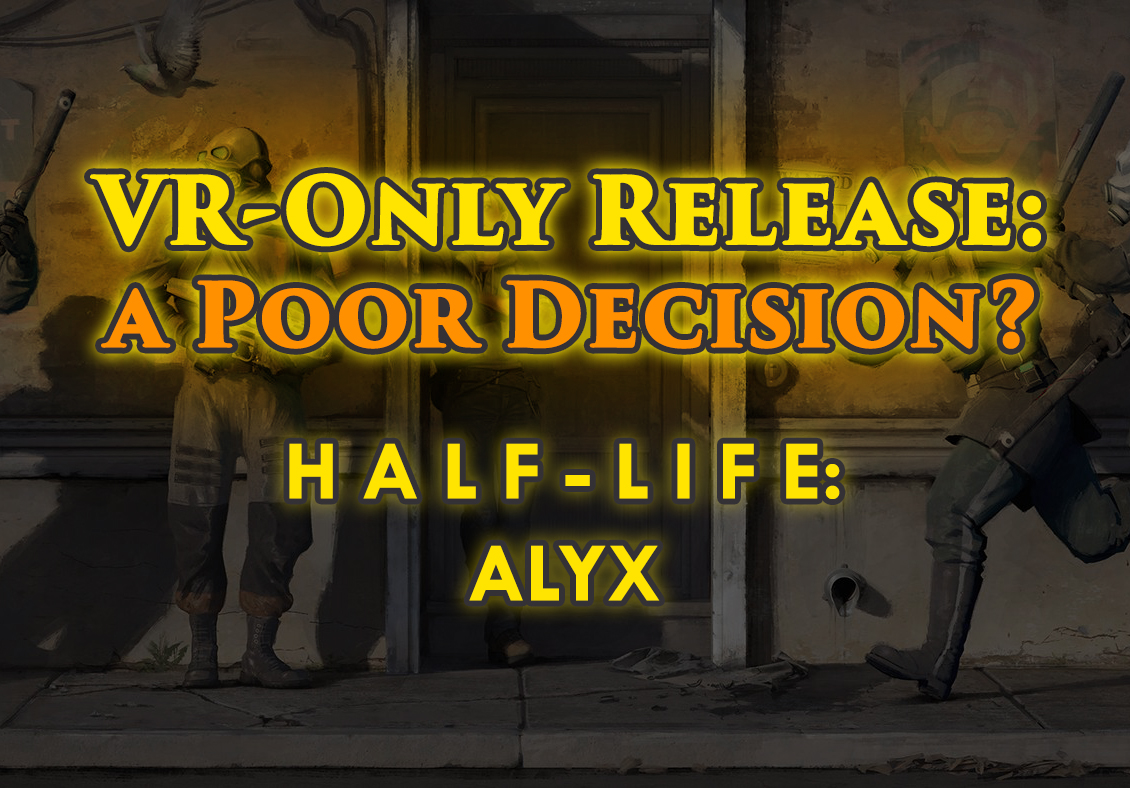Long-awaited Half-Life: Alyx was released on March 23, 2020, just a couple of days ago.
However, for many eager fans these exciting news came in bittersweet: the game was to be released exclusively for VR platforms. Unfortunately, even if adapted ports will exist in the future, the game’s design, intended for the VR experience, will probably be severely lacking in any space other than a Virtual Reality headset.
Fans were right to have a good number of concerns prior to the release, but were they correct?
Let’s dive into what Half-Life: Alyx actually turned into and why its impact is so crucial to the gaming community.
Why Half-Life: Alyx Shook the VR Industry
The VR-only release disappointed a lot of fans who either refused to buy into the hype, expressed criticism by adding in the price of a VR headset to the retail price of the game, or genuinely expressed financial or physical disabilities issues that prevented them from playing the game.
Due to Valve’s marketing campaign of 2019 Valve Index that now includes a free copy of Half Life: Alyx, some fans even saw the decision as an unfortunate tactic to boost the sales.
There was one hope remaining for the release, and it likewise came with the Announcement Trailer in November.
That trailer had a feature that promised us all that the exclusivity will be worth it, and it didn’t require a single word to realize.
The demonstrated graphics were absolutely incredible.
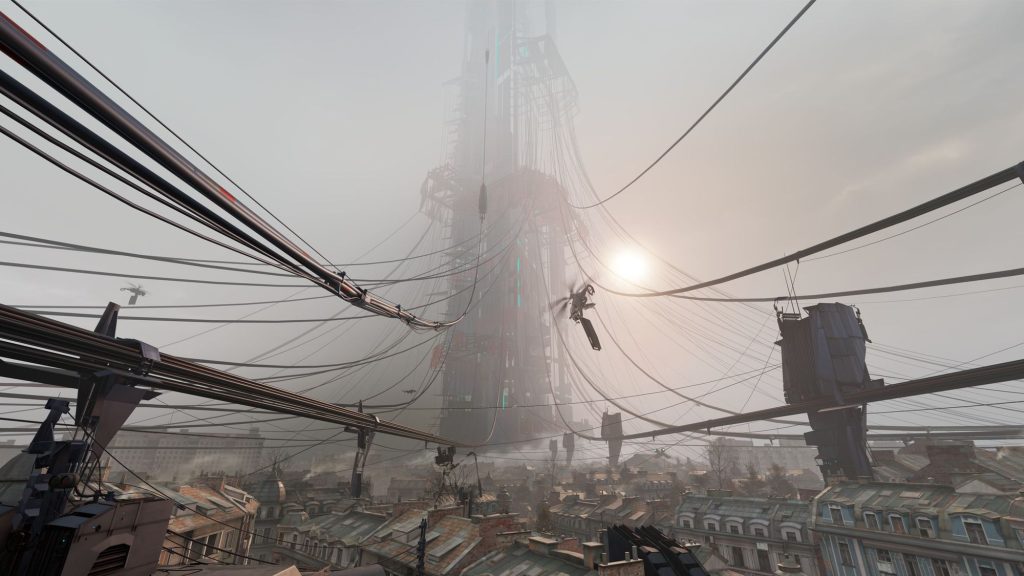
If there was a reason for eager fans to forgive the expensive VR exclusivity, it would be the element of intense VR immersion that can satisfy the 16-year hunger for a worthy Half-Life sequel.
However, there were still reasons to worry.
Yes, Valve’s expertise and AAA budget can produce groundbreaking results, as we saw with the Portal Vive VR demo.
We had our share of impressive VR tech demos, but that’s not what we would want from a proper “Half-Life 3” game. If all of the resources went into graphics (and when it comes to VR those kinds of resources have to be enormous), what remains of other elements?
An exciting new release that followed the Announcement Trailer at the end of 2019, Boneworks, added to the worries of the community.
First of all, the game completed the list of VR community’s favorites, among Blade and Sorcery, Vader Immortal, and Gorn.
Second, the game was notably inspired by the classic Half-Life and Portal games, attempting to replicate their unique look and innovative feel with its crowbars and advanced physics puzzles in a dystopian setting (and it succeeded).
It managed to do so by relying on the puzzle elements of the game, rather than graphics, and many were more than happy to accept this sacrifice for the interactivity it offered.
So, what happened to Half-Life: Alyx after release?
Surprisingly, the game’s ratings shot over the roof.
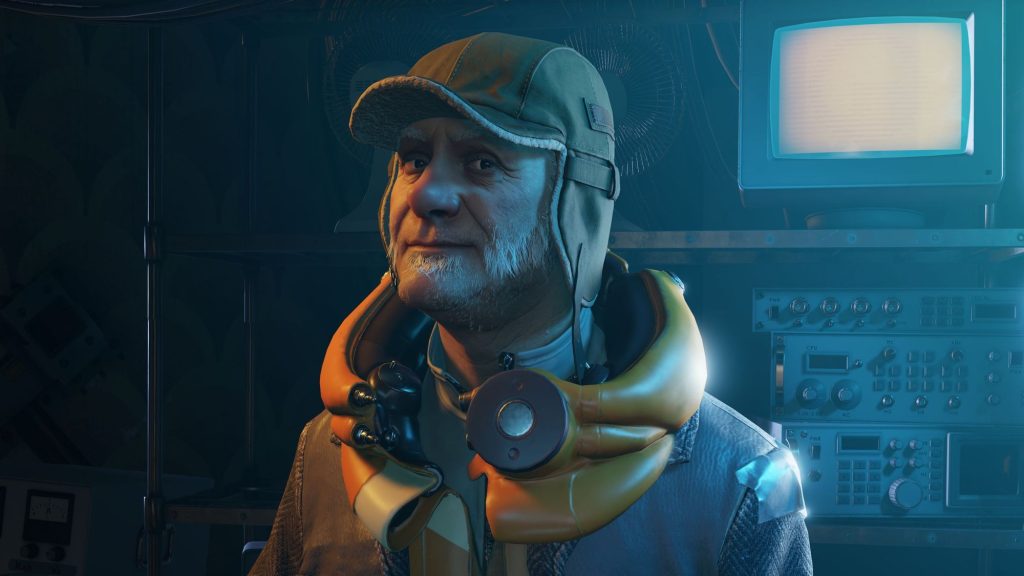
No, Valve did not neglect puzzle mechanics. They didn’t neglect visual or narrative storytelling either. They likewise didn’t neglect developing on the lore or refreshing those sweetly nostalgic elements.
It is a full, polished Half-Life sequel of our wildest dreams. On the third day after its release it still demonstrates 10/10 and above 95% ratings across the border.
It became clear that the fears surrounding the VR-exclusive release didn’t realize themselves in the amazing final product. Truly, we have already heard such descriptions as “The Greatest VR Game Ever Made,” “The Best VR Game of 2020,” or “Better Than Real Life.”
But, the central question is still relevant to the topic.
Did Half-Life: Alyx benefit from the exclusive VR release?
Is It Fair to Compare Half-Life: Alyx to Boneworks?
Boneworks is absolutely a creative child of VR innovation.
The game skillfully developed on the unique interactivity offered by VR space, playing with the weight and responsive physics of every object it put in front of the player.
Completed with surprising discoveries that each player could make by locating secret rooms and objects, finding new uses for mundane objects, strategizing around combat encounters, and propelling themselves forward with the springy movement system, Boneworks became a masterpiece of VR mechanics.
The game, in an arbitrary way, seemed to send a message to Valve – this is the kind of innovation we remember from Portal and Half-Life. Can you honor your own classics when other AAA companies are failing horribly to do so?
Well, sure, Half-Life: Alyx didn’t demonstrate highly innovative mechanics in the VR space (at least by today’s standards) or Bonework‘s weight and force physics, but it might not be fair to expect it to do so.
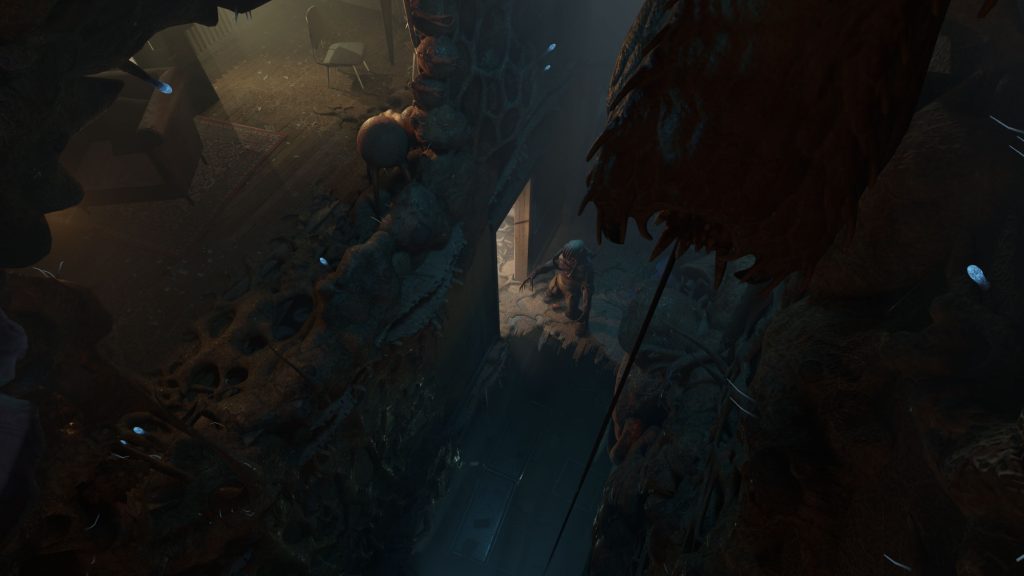
A game about detailed story and atmospheric tension, Half-Life: Alyx couldn’t go the route of sandbox-ey level design, noisy visual elements, calculated motions in puzzle solving, and a world that will tolerate quirky puzzle solutions and lost essential items. Linear storyline and highly orchestrated scene composition required some conservatism to produce a polished experience, but Valve managed to do this very skillfully nonetheless.
Half-Life: Alyx and Its Take on VR Mechanics
The game has a polished movement and interactivity language that translates into an intuitive rhythm after a few hours into the game.
The ability to catch objects you launch towards your hand might be the hardest skill to learn, but it becomes a wonderful relief from back-strain as a result (which is a more innovative feature). Docking and jumping is very forgiving on those who are using their VR setup in a small room.
Several players reported impressively accurate tracking and reduced motion sickness even when using joystick for navigation, and the game still offers exciting ways of using environment features in combat, loading ammo into your guns, and priming explosives. Every scene you enter and multi-tool puzzle you encounter sets clever expectations and even offers some Easter Eggs that reward the player’s curiosity and desire for exploration.
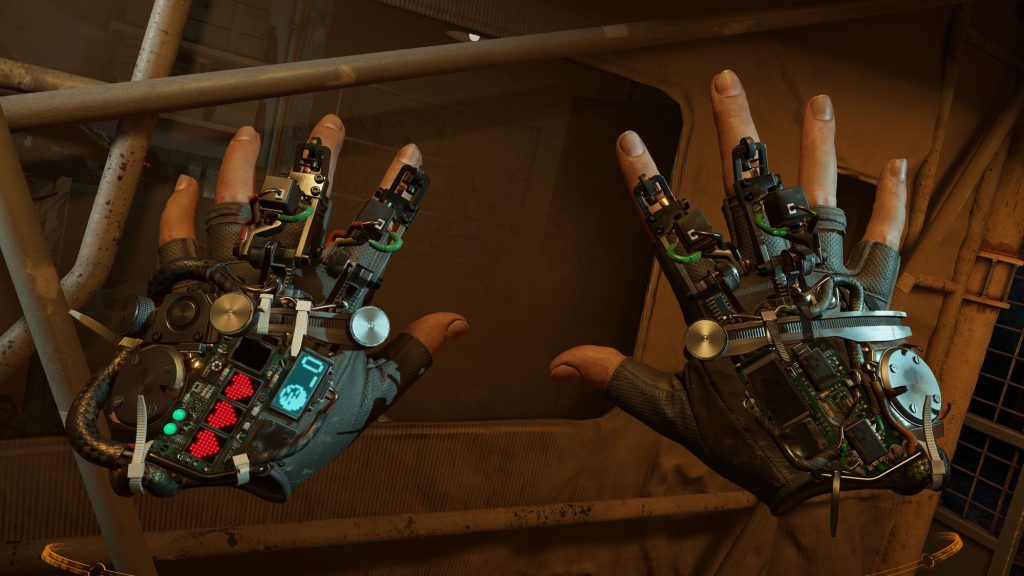
Besides, even though Half-Life: Alyx is a wildly different game from Boneworks, you still can defend against Headcrabs with a trashcan lid. Just saying.
Valve’s Incredible Contribution to the VR Industry
But, here we are rambling about the game’s controls and physics engine, forgetting the most impressive aspect about the Half-Life: Alyx that will absolutely impact the VR industry.
It’s a polished AAA video game released for VR.
It has professional lighting, breathtaking detail, gorgeous reflections, polished animations and voice-acting, rich setting and characters, and a developed lore and story. Yes, all of those together. This is just not something that VR games do, really, especially when it comes to elaborate graphic design that matches the standards of AAA games released on other platforms.
It’s an incredible achievement, and it might be the kind of release that re-defines the fate of VR headsets.
The confidence that Valve put into Index only demonstrates the company’s awareness of this impact.
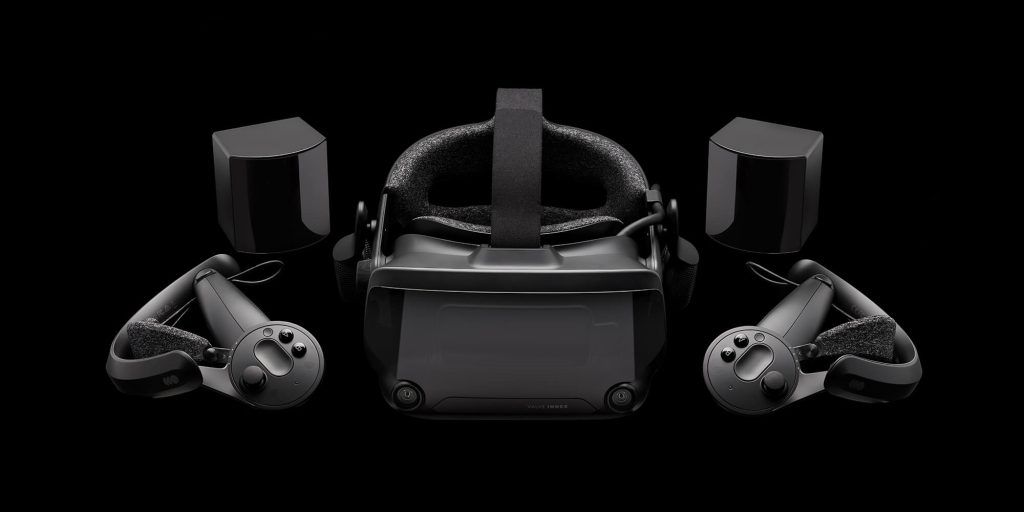
Yes, the VR exclusivity did leave many players watching YouTube walkthroughs, but the game is admittedly supported by all major VR Headsets, Oculus Rift S, Oculus Quest, and HTC Vive Cosmos lineup included. While even the cheapest get to the $400 mark, in addition to the $60 for the game itself, they can be rented out to cut a lot of cost (if you are interested in Half-Life: Alyx exclusively).
There is also hope that with the attracted attention to the controversial VR industry, which Valve certainly contributed to with its release, the headsets will get cheaper and the renting options will get wider.
Do you agree with our assessment? What is your opinion on the modern VR industry and the creative innovations introduced by the latest game releases?
Leave us a comment below!
